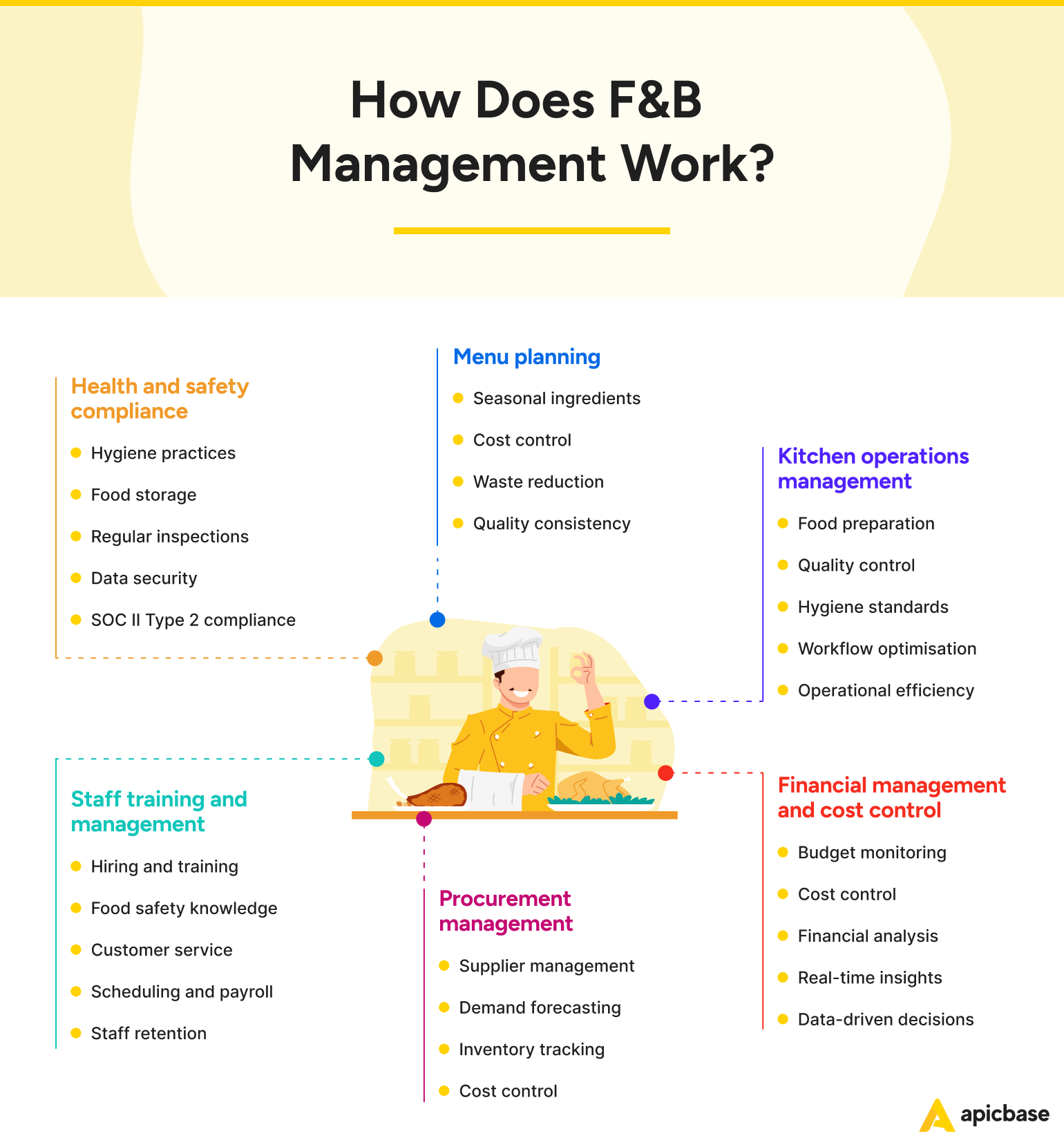
A Director of IT, also known as an IT Director or Chief Information Officer (CIO), is responsible for overseeing all aspects of an organization’s information technology (IT) systems and infrastructure. This includes planning, implementing, and managing the organization’s IT strategy, as well as ensuring that all IT systems are operating smoothly and efficiently.
The Director of IT is a critical role in any organization, as IT systems are essential for the day-to-day operations of most businesses. A good Director of IT will have a deep understanding of IT systems and technologies, as well as strong leadership and management skills. They will also be able to communicate effectively with both technical and non-technical staff.
The Director of IT typically reports to the CEO or COO of an organization. They may also work closely with other senior managers, such as the CFO and CMO. The Director of IT is responsible for ensuring that the organization’s IT systems are aligned with the organization’s overall business goals.
1. Leadership
Leadership is one of the most important aspects of being a Director of IT. As the head of the IT department, the Director of IT is responsible for setting the vision and direction for the department, as well as motivating and inspiring their team to achieve the organization’s goals.
-
Title of Facet 1: Communication
Communication is essential for any leader, but it is especially important for a Director of IT. The Director of IT must be able to communicate effectively with both technical and non-technical staff, as well as with senior management. The Director of IT must also be able to clearly articulate the IT department’s vision and goals to the rest of the organization.
-
Title of Facet 2: Decision-making
The Director of IT is responsible for making a wide range of decisions, both large and small. These decisions can have a significant impact on the organization, so it is important for the Director of IT to be able to make decisions wisely. The Director of IT must also be able to make decisions quickly, as IT systems are often critical to the day-to-day operations of an organization.
-
Title of Facet 3: Problem-solving
IT systems are complex, and problems can occur at any time. The Director of IT must be able to quickly and effectively troubleshoot problems and find solutions. The Director of IT must also be able to think creatively and come up with innovative solutions to problems.
-
Title of Facet 4: Team building
The Director of IT is responsible for leading a team of IT professionals. The Director of IT must be able to build a strong and cohesive team that is committed to achieving the organization’s goals. The Director of IT must also be able to motivate and inspire their team to perform at their best.
These are just a few of the key leadership qualities that a Director of IT must possess. By understanding these qualities, organizations can ensure that their IT department is led by a strong and effective leader.
2. Management
Management is one of the most important aspects of being a Director of IT. As the head of the IT department, the Director of IT is responsible for managing all of the organization’s IT resources, including hardware, software, and personnel. This includes planning and budgeting for IT resources, as well as ensuring that all IT systems are operating smoothly and efficiently.
There are several reasons why management is so important for a Director of IT. First, IT systems are critical to the day-to-day operations of most businesses. If the IT systems are not functioning properly, the business can suffer significant losses. Second, IT resources can be expensive, so it is important to manage them carefully to ensure that they are being used effectively. Third, IT personnel are essential to the success of any IT department, so it is important to manage them effectively to ensure that they are motivated and productive.
There are several key management skills that a Director of IT should possess. These skills include:
- Planning and budgeting
- Resource allocation
- Project management
- Team leadership
- Communication
By understanding the importance of management and the key management skills that a Director of IT should possess, organizations can ensure that their IT department is managed effectively and efficiently.
3. Planning
Planning is one of the most important aspects of being a Director of IT. The Director of IT is responsible for developing and implementing the organization’s IT strategy, which outlines the organization’s goals for its IT systems and infrastructure. The IT strategy should be aligned with the organization’s overall business goals and should be updated regularly to reflect the changing needs of the organization.
-
Title of Facet 1: Strategic Planning
Strategic planning is the process of developing a long-term plan for the organization’s IT systems and infrastructure. The strategic plan should be based on the organization’s overall business goals and should identify the IT initiatives that will be necessary to achieve those goals.
-
Title of Facet 2: Tactical Planning
Tactical planning is the process of developing a short-term plan for the organization’s IT systems and infrastructure. The tactical plan should be based on the strategic plan and should identify the specific steps that will be necessary to achieve the strategic goals.
-
Title of Facet 3: Operational Planning
Operational planning is the process of developing a plan for the day-to-day operations of the IT systems and infrastructure. The operational plan should be based on the tactical plan and should identify the specific tasks that need to be performed to keep the IT systems and infrastructure running smoothly.
-
Title of Facet 4: Contingency Planning
Contingency planning is the process of developing a plan for how the organization will respond to IT emergencies. The contingency plan should identify the steps that need to be taken to recover from an IT emergency and should be tested regularly to ensure that it is effective.
By understanding the importance of planning and the different types of planning that a Director of IT should be familiar with, organizations can ensure that their IT systems and infrastructure are aligned with their overall business goals and that they are prepared to respond to any IT emergencies.
4. Communication
Communication is essential for any Director of IT. The Director of IT must be able to communicate effectively with both technical and non-technical staff, as well as with senior management. The Director of IT must also be able to clearly articulate the IT department’s vision and goals to the rest of the organization.
-
Title of Facet 1: Internal Communication
The Director of IT must be able to communicate effectively with the IT staff. This includes providing clear instructions, setting expectations, and giving feedback. The Director of IT must also be able to motivate and inspire the IT staff to achieve the organization’s goals.
-
Title of Facet 2: External Communication
The Director of IT must be able to communicate effectively with non-technical staff. This includes explaining complex technical concepts in a clear and concise way. The Director of IT must also be able to build relationships with non-technical staff and gain their trust.
-
Title of Facet 3: Leadership Communication
The Director of IT must be able to communicate effectively with senior management. This includes providing regular updates on the IT department’s progress and accomplishments. The Director of IT must also be able to advocate for the IT department’s needs and priorities.
-
Title of Facet 4: Strategic Communication
The Director of IT must be able to communicate effectively about the IT department’s strategic vision and goals. This includes communicating the IT department’s role in the organization’s overall business strategy. The Director of IT must also be able to communicate the IT department’s plans for the future.
By understanding the importance of communication and the different types of communication that a Director of IT should be familiar with, organizations can ensure that their IT department is communicating effectively with all stakeholders.
FAQs on Director of IT Job Description
This section provides answers to frequently asked questions (FAQs) about the Director of IT job description and information technology. These FAQs are intended to provide a brief overview of the role and responsibilities of a Director of IT, as well as the key skills and qualifications required for this position.
Question 1: What is the role of a Director of IT?
A Director of IT is responsible for overseeing all aspects of an organization’s information technology (IT) systems and infrastructure. This includes planning, implementing, and managing the organization’s IT strategy, as well as ensuring that all IT systems are operating smoothly and efficiently.
Question 2: What are the key responsibilities of a Director of IT?
The key responsibilities of a Director of IT include:
- Planning and implementing the organization’s IT strategy
- Managing the organization’s IT resources, including hardware, software, and personnel
- Leading the IT team and motivating them to achieve the organization’s goals
- Communicating with both technical and non-technical staff about IT matters
- Ensuring that the organization’s IT systems are aligned with the organization’s overall business goals
Question 3: What are the key skills and qualifications required for a Director of IT?
The key skills and qualifications required for a Director of IT include:
- A deep understanding of IT systems and technologies
- Strong leadership and management skills
- Excellent communication and interpersonal skills
- Ability to think strategically and plan for the future
- A proven track record of success in managing IT projects
Question 4: What are the benefits of hiring a Director of IT?
There are many benefits to hiring a Director of IT, including:
- Improved IT performance and reliability
- Reduced IT costs
- Increased innovation and productivity
- Improved decision-making
- Enhanced compliance and security
Question 5: What are the challenges of being a Director of IT?
There are also some challenges associated with being a Director of IT, including:
- The need to keep up with the latest IT trends and technologies
- The need to manage a team of IT professionals with diverse skills and backgrounds
- The need to balance the needs of the business with the needs of the IT department
- The need to deal with IT emergencies
- The need to stay within budget
Question 6: What is the future of the Director of IT role?
The role of the Director of IT is constantly evolving as technology continues to develop. In the future, Directors of IT will need to be even more strategic and forward-thinking in order to keep up with the pace of change. They will also need to be able to effectively manage the risks and opportunities associated with new technologies.
These are just a few of the most frequently asked questions about the Director of IT job description and information technology. For more information, please consult the resources listed in the Additional Resources section below.
Additional Resources:
- 6 Essential Skills for IT Directors
- IT Leadership Roles
- Director of IT
Tips for IT Directors
In today’s business environment, it is more important than ever for organizations to have a strong and effective IT department. The Director of IT (IT Director) is responsible for leading the IT department and ensuring that the organization’s IT systems and infrastructure are aligned with the organization’s overall business goals.
Here are five tips for IT Directors:
Tip 1: Be a strategic thinker.
IT Directors need to be able to think strategically and plan for the future. They need to be able to identify and assess emerging technologies and trends, and to develop and implement IT strategies that will help the organization achieve its business goals.
Tip 2: Be a strong leader.
IT Directors need to be strong leaders who are able to motivate and inspire their teams. They need to be able to create a positive and productive work environment, and to build strong relationships with both technical and non-technical staff.
Tip 3: Be an effective communicator.
IT Directors need to be able to communicate effectively with both technical and non-technical audiences. They need to be able to clearly and concisely explain complex technical concepts, and to build strong relationships with stakeholders.
Tip 4: Be a continuous learner.
The IT landscape is constantly changing, so IT Directors need to be committed to continuous learning. They need to stay up-to-date on the latest technologies and trends, and to be willing to adapt their skills and knowledge as needed.
Tip 5: Be a results-oriented person.
IT Directors need to be results-oriented people who are able to deliver on their commitments. They need to be able to set clear goals and objectives, and to track their progress towards achieving those goals.
By following these tips, IT Directors can help their organizations achieve their business goals and objectives.
Key Takeaways:
- IT Directors need to be strategic thinkers, strong leaders, effective communicators, continuous learners, and results-oriented people.
- By following these tips, IT Directors can help their organizations achieve their business goals and objectives.
Conclusion:
The role of the IT Director is critical to the success of any organization. By following the tips outlined in this article, IT Directors can help their organizations achieve their business goals and objectives.



